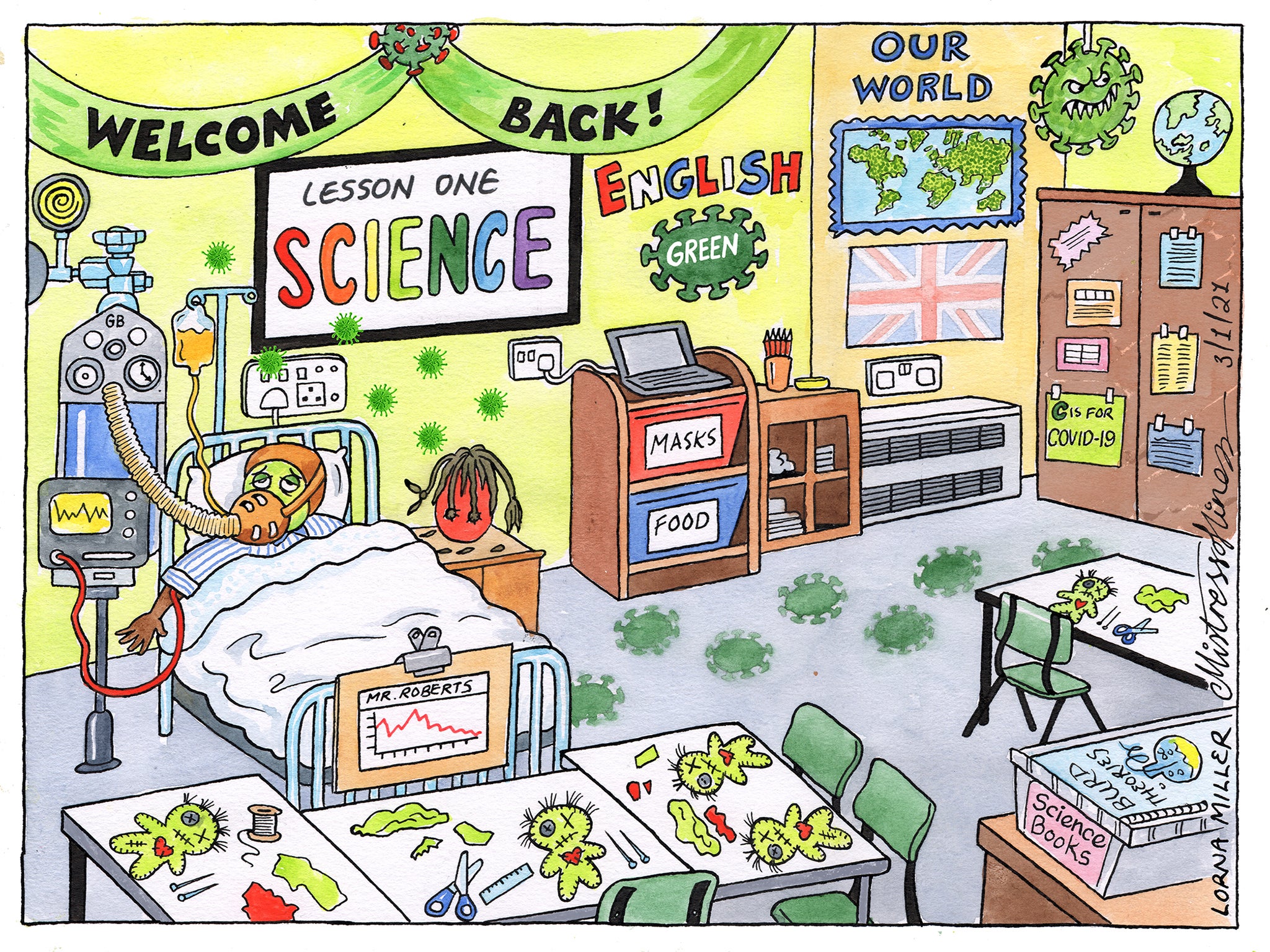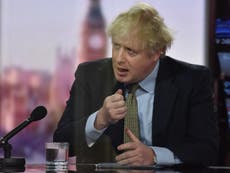The lockdowns will have to be tighter. That is the difficult, unpleasant and damaging conclusion that the UK has drawn from the surge in Covid cases. The prime minister effectively acknowledged this on television on Sunday (3 January) and he was stating the obvious. Sir Keir Starmer, leader of the opposition, has gone further. He called for an immediate national lockdown within 24 hours.
New daily cases have been above 50,000 for four days running and as yet there is no evidence of any slackening of the rate of transmission. Deaths sadly are climbing too. It might seem some modest comfort that excess deaths – deaths from all causes – are much closer to the levels of the past five years than they were in the spring, but as the overall death count climbs inexorably the government has to act. Until vaccines are widely available and distributed, it has only one weapon to contain the pandemic: further lockdowns. It is a harsh truth but one that has to be faced.
So the challenge now will be to make those lockdowns more effective. It may well be that Sir Keir’s call for a national lockdown will be the only way to do so. However, blanket controls over entire regions are arbitrary and threaten to undermine popular support for the policy. Such support is vital. This is not just a question of people being required to obey the law. Rather it is a general acceptance of government policy so that people follow the spirit of the controls, not just the letter. They are, after all, for everyone’s health and safety.
This government has not been astute in either the way in which it has imposed lockdowns or the way it has presented them. That has undermined support for its policies more generally. Nor has it worked hard enough to gather support from groups of people whose response is particularly important. The obvious examples here are the teachers and the other school workers, for without their active cooperation schools cannot safely operate, and the education of millions of schoolchildren is at risk. Ministers need to explain; but first they need to listen.
The positive point here is that a path back to normal human interaction is in sight. The swift approval of two vaccines is a credit to the competence of the leadership and staff of the MHRA, the Medicines & Healthcare products Regulatory Agency, rather than the government itself. However, the fact that it did move swiftly last summer to order large quantities of these and other vaccines is to its credit too. The vaccination rollout is inevitably bumpy, but it is reasonable to expect that to gather pace in the weeks ahead.
The plan to widen the interval between the two doses, so that more people can achieve a high level of protection more swiftly also makes public health sense. Britain is further helped by the fact that it has historically had relatively high take-up of vaccines in general, particularly the annual flu jabs for the elderly. There is a reservoir of trust in medical science, built up over many years.
So the task now is not so much to tell people what they can’t do, though that may have to happen. It may indeed be that there has to be national lockdown, and if that is so then Sir Keir Starmer’s call for swift action will be justified. However, all governments have to make a balanced judgement. They have to listen to specific needs and fears and take steps to meet those. They then must persuade and encourage so that their actions have popular support, for without that they will be ineffective.
The government must work with schools to enable a gradual return in a measured way. It goes without saying that healthcare professionals need more help. So silly bureaucratic barriers, such as those that appear to be blocking retired medical staff from having their services accepted, need to be dismantled. But above all the government must get over the dual message that we are in the final months of the emergency, but those final months will be the most dangerous of all if people do not follow guidance. And it needs to make these points with grace and humility – more than it has demonstrated in recent months.





Join our commenting forum
Join thought-provoking conversations, follow other Independent readers and see their replies
Comments